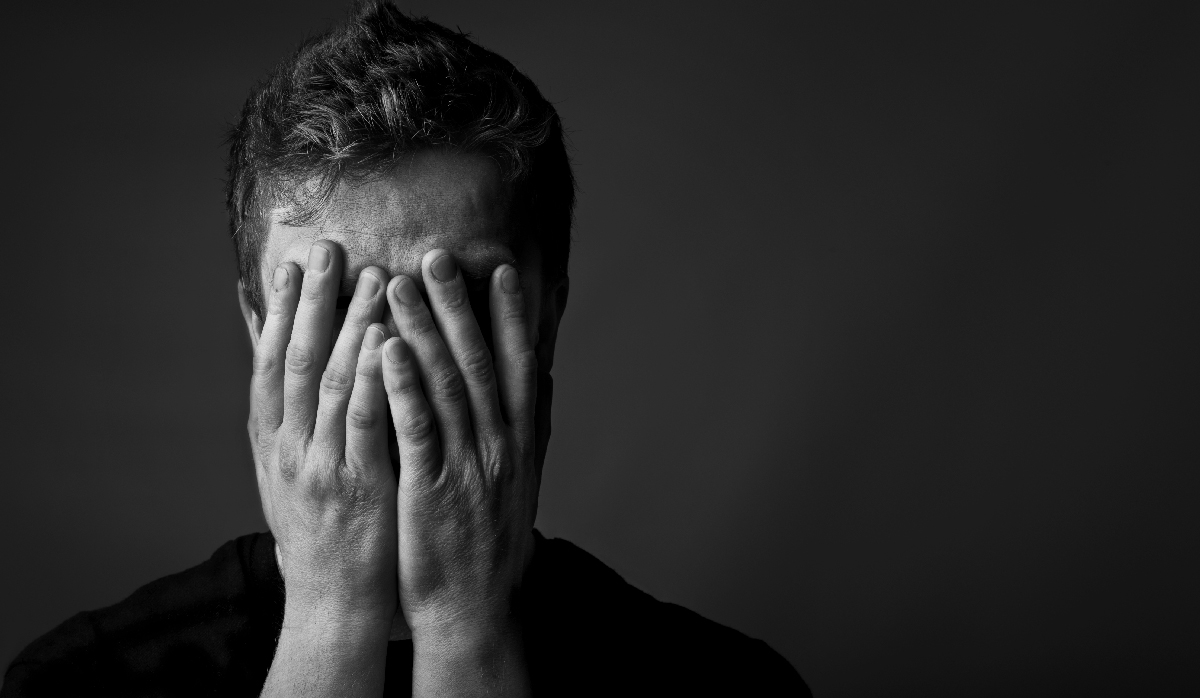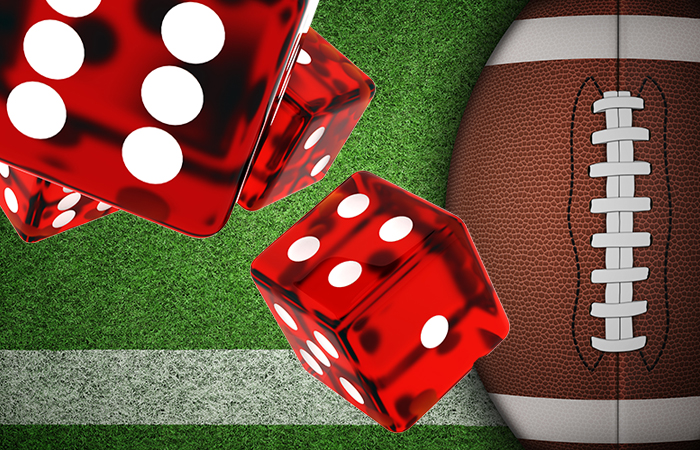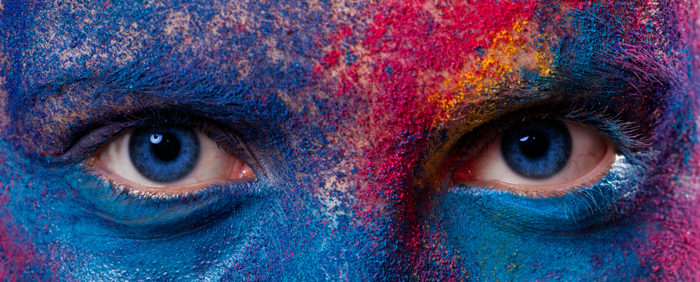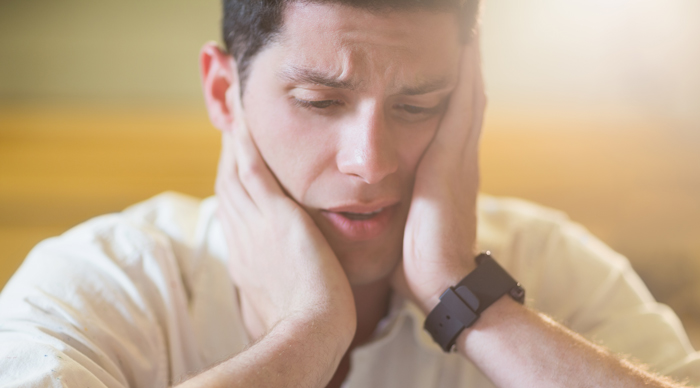Research shows a significant connection between bipolar disorder and gambling addiction, as it’s common for people with bipolar disorder to engage in addictive behaviors. Compulsive behaviors, like compulsively buying things they don’t need, engaging in frequent and risky sexual behaviors, or working long hours are all common traits of people with bipolar disorder. The many risk-taking behaviors associated with bipolar disorder can also include gambling. As a treatment center in Lake Worth, we also know that people with this mental disorder are more prone to compulsive gambling. They tend to lean towards behaviors that involve spending too much money or spending hours at a poker table. But what’s the reasoning behind this?
What Is Bipolar Disorder?
In order to better understand the link between being bipolar and gambling addiction, we must first understand what each individual condition entails. Formerly known as manic depression, bipolar disorder is a mental illness that causes extreme shifts in mood that include emotional highs (mania/hypomania) and lows (depression). These extreme changes in mood can happen at any time and are severe enough to disrupt a person’s relationships and ability to complete their daily tasks.
A person with bipolar disorder may experience extreme depression, during which they may feel sad and hopeless or lose interest in most activities. Then, they may shift to mania or hypomania, during which they’ll feel full of energy, extremely irritable, or even euphoric.
These mood swings can affect the person’s ability to sleep, energy levels, activity, judgment, behavior, and ability to think clearly and make decisions. Many individuals with bipolar disorder who do not seek bipolar disorder treatment turn to addictive behaviors, like gambling or substance abuse, to cope with or as a result of their symptoms.
What Is Gambling Addiction?
Compulsive gambling or gambling addiction refers to the uncontrollable urge to continue gambling despite the negative impact it’s had on your life. Gambling disorders can be as severe as substance use disorders and are often linked to mental illness. Gambling often involves risking something you consider to have value in hopes of receiving something perceived to have even greater value. For people with gambling disorders, it’s not just about money but also about the thrill of taking a huge risk. Similar to drugs and alcohol, gambling can also activate the reward system in the brain. Despite how rare it may be, any small reward is usually enough encouragement for the person to continue gambling.
A person with a gambling problem may continuously chase bets. Chasing a bet is when a gambler has lost, and they continue to gamble in an attempt to gain back what they have lost. A gambling addict may also hide their behavior from their loved ones, deplete their savings to gamble, accumulate debt, or even resort to fraud or theft just to sustain their habit. If you’re struggling with compulsive gambling, our gambling addiction treatment at Behavioral Health of the Palm Beaches can help. We’ve helped many people break this cycle and regain control of their lives.
What Is the Connection Between Bipolar Disorder and Gambling Addiction?
Bipolar disorder and gambling addiction are connected because people with bipolar disorder gamble for excitement, especially during episodes of mania or hypomania, and they also gamble to regulate negative emotional levels. When a person with bipolar disorder is in a state of mania or hypomania, they may feel euphoric and extremely excited.
Compared to their depressive state, they may want to enjoy that feeling for as long as possible. This emotional state of euphoria can motivate them to gamble and engage in other addictive and emotionally rewarding behaviors. This also partly explains why gambling and substance abuse are linked.
Additionally, managing these shifts in mood and going through depressive states isn’t easy. People in the grips of mania or hypomania may struggle with impulse control, causing them to gamble, binge eat, or use drugs.
People with bipolar disorder may also engage in gambling to cope with their symptoms of depression. Because gambling acts like a drug in its ability to activate the brain’s reward system, the person may experience a rush or “high” whenever they’re placing large bets or chasing them.
Moreover, the connection between gambling addiction and bipolar disorder also illustrates the impulsive nature of the manic phase. A person with a bipolar, addictive personality will continue to struggle with gambling and possibly even other forms of addiction without mental health treatment.
At BHOPB, we’re aware of the difficulties that people with addictions and mental disorders face. With all of the misunderstanding and prejudice surrounding these conditions, we strive to offer our patients a safe and judgment-free zone where they can recover. If you’re struggling with an addiction or mental disorder, we have the recovery resources you need to regain control of your life.
To learn more about our mental health and addiction treatment in Palm Beach, call us at 561-220-3981.
Related Reading:













